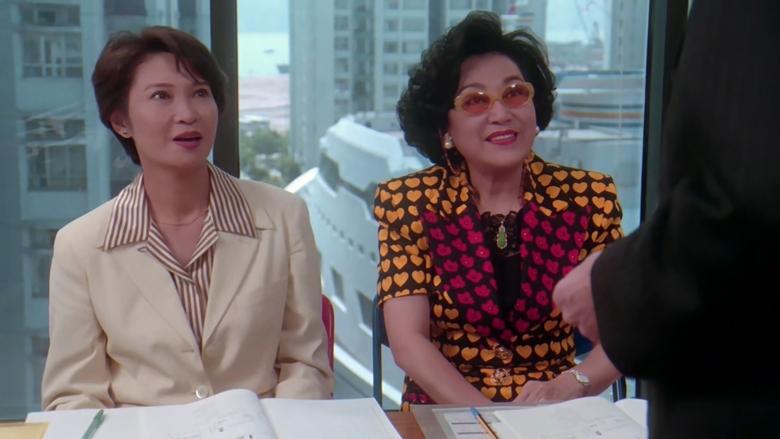Ko ta maatau whare pikitia me to wharepukapuka whakaataata ka taea noa te rere, te tango mai ranei ma nga mema anake
Me matakitaki tonu mo te FREE ➞He iti ake te waa 1 meneti ki te Haina Mai ka pai ai ki a koe te koa ki nga Kiriata Mutunga & Taitara TV.

虎度門 (1996)
The "Hu-Du-Men" (loosely translated as "stage door") is an imaginary line separating the stage from reality, and a line that must be crossed each and every night by Sum (Josephine Siao), the aging star of a Cantonese Opera troupe. Nearing the twilight of a storied career, Sum must face a variety of challenging new obstacles, including the possible emigration of her family come 1997, the appearance of a promising young actress (Anita Yuen), the hiring of a Western-schooled stage director (David Wu), the surprising revelation of her daughter's sexuality, and finally the reappearance of a shocking secret from her past. Through it all, Sum must retain her professionalism and dignity, as the "Hu-Du-Men" between the stage and her life begins to blur. Emotional, intimate direction and Raymond To's intelligent, relevant screenplay make Hu-Du-Men worthwhile cinema, but it's Josephine Siao's brilliant, emotionally dynamic performance that sets this film above the rest.
Maka: Josephine Siao Fong-Fong, Anita Yuen Wing-Yee, Waise Lee Chi-Hung, Chung King-Fai, Daniel Chan Hiu-Tung, Lee Heung-Kam
Kaimahi: Shu Kei (Director), Clifton Ko Chi-Sum (Producer), Bill Wong Chung-Piu (Director of Photography), Shu Kei (Editor), Eric Kwong Chi-Leung (Editor), Raymond To (Writer)
Subtitle:
![]()
![]()
![]()
![]()
![]()
![]()
![]() ETC.
ETC.
Tuku: Apr 03, 1996
Rongonui: 3.354
Reo: 普通话, 广州话 / 廣州話
Studio: Golden Harvest Productions, Ko Chi Sum Films
Whenua: Hong Kong

